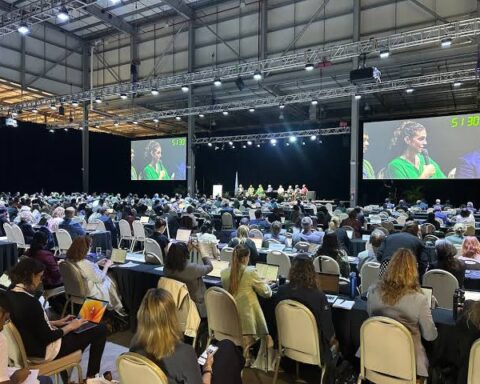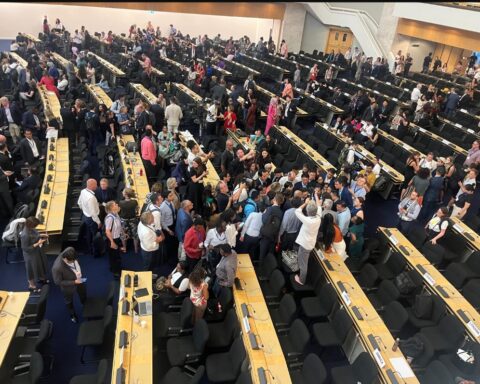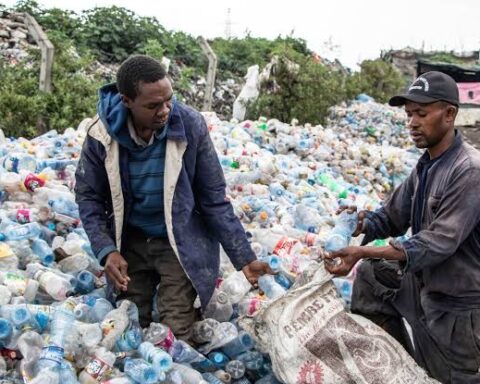In March 2022, the UN Environment Assembly (UNEA-5.2) launched what was hailed as a historic process: negotiations for a legally binding treaty to end plastic pollution. The treaty was envisioned to take a full life-cycle approach, addressing plastics from production and design to use, disposal, and waste management.
However, after six rounds of negotiations, the latest session in Geneva (August 2025) collapsed without agreement. The deadlock revealed a stark divide: more than 100 countries, including EU members and much of the Global South, pushed for limits on plastic production.
Meanwhile, oil-producing states such as Saudi Arabia, Kuwait, and Russia resisted, insisting the treaty should focus only on waste management and recycling. The United States also rejected binding measures, favoring voluntary actions. With consensus blocked, hopes for a landmark treaty faded, leaving the world to grapple with the escalating problem of plastic pollution.
Plastic production has skyrocketed from 2 million tonnes in 1950 to about 475 million tonnes in 2022, and is projected to more than triple by 2060 if unchecked. Yet only 9% of plastic is recycled, meaning most ends up in oceans, rivers, soils, and even our bodies.
Without urgent global action, the environmental, health, and economic toll estimated at $281 trillion between 2016 and 2040 will continue to grow.
Microplastics, tiny fragments from the breakdown of plastics, are now everywhere, from rivers to human placentas.
They have been detected in blood, lungs, and breast milk. Laboratory studies show microplastics damage human cells, and growing evidence links them to serious health conditions. Recent reviews have associated microplastic exposure with higher risks of miscarriage, stillbirths, impaired fetal development, childhood cancers, reduced fertility, and adult cancers.
Aquatic ecosystems face similar devastation. Fish, turtles, and seabirds ingest microplastics, disrupting food chains and threatening biodiversity. Since seafood is a key source of protein for millions, especially in the Global South, humans are directly consuming these toxic particles, further compounding public health risks.
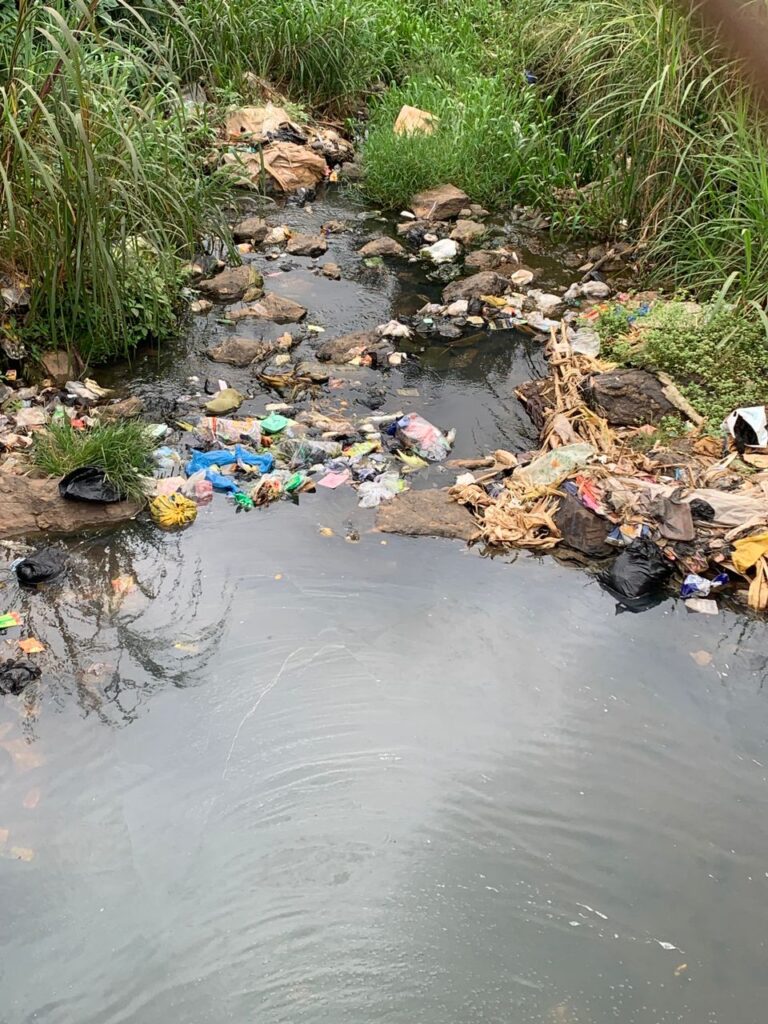
The collapse of the treaty negotiations is a setback, but countries cannot afford to wait for a global solution. For the Global South, and particularly Nigeria, the impacts of plastic pollution are already severe; clogging waterways, worsening flooding, killing livestock, and posing major health risks.
While a global framework remains stalled, national and state-level policies can provide immediate relief. Nigeria has already made strides, with Lagos State announcing bans on single-use plastics. Scaling this nationwide could provide a critical starting point. Other policy options include:
- Extended Producer Responsibility (EPR): obligating plastic producers to fund collection and recycling.
- Plastic levies or eco-taxes: reducing consumption while funding cleanup and innovation.
- Investment in alternatives: supporting biodegradable packaging and reusable products through subsidies or tax breaks.
- Grassroots action: empowering communities and schools to implement recycling and reuse programs.
The failure of the plastic treaty negotiations shows the immense influence of fossil fuel and petrochemical interests.
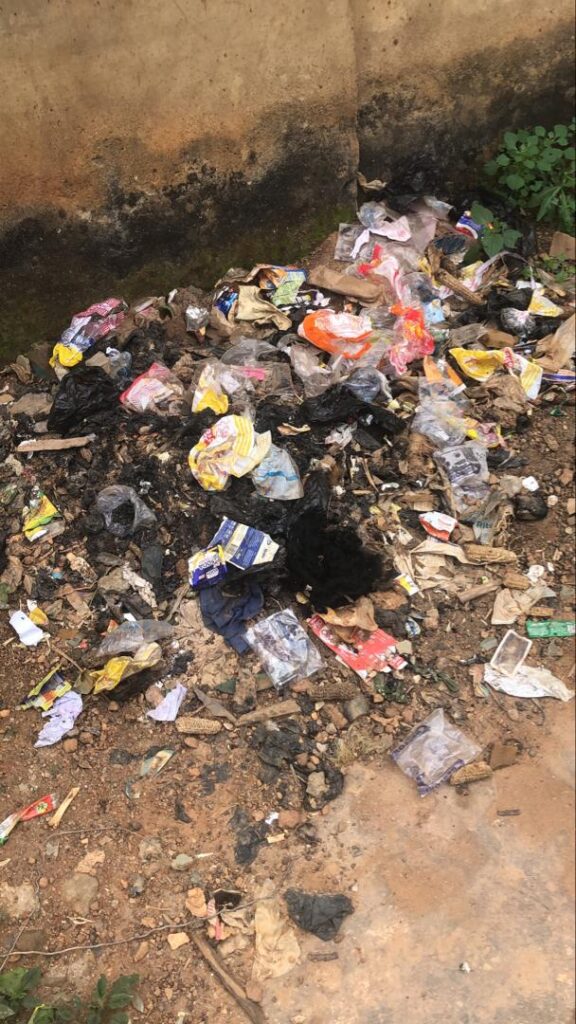
Yet, it also underlines the urgency for local action. Countries like Nigeria must not wait for global consensus; instead, they can lead with bold policies, like nationwide bans on single-use plastics and investment in sustainable alternatives that protect human health, safeguard ecosystems, and set the stage for a future where plastic pollution no longer dominates our lives.
By Edith Isiek
Photos: Oluseyi Basorun




